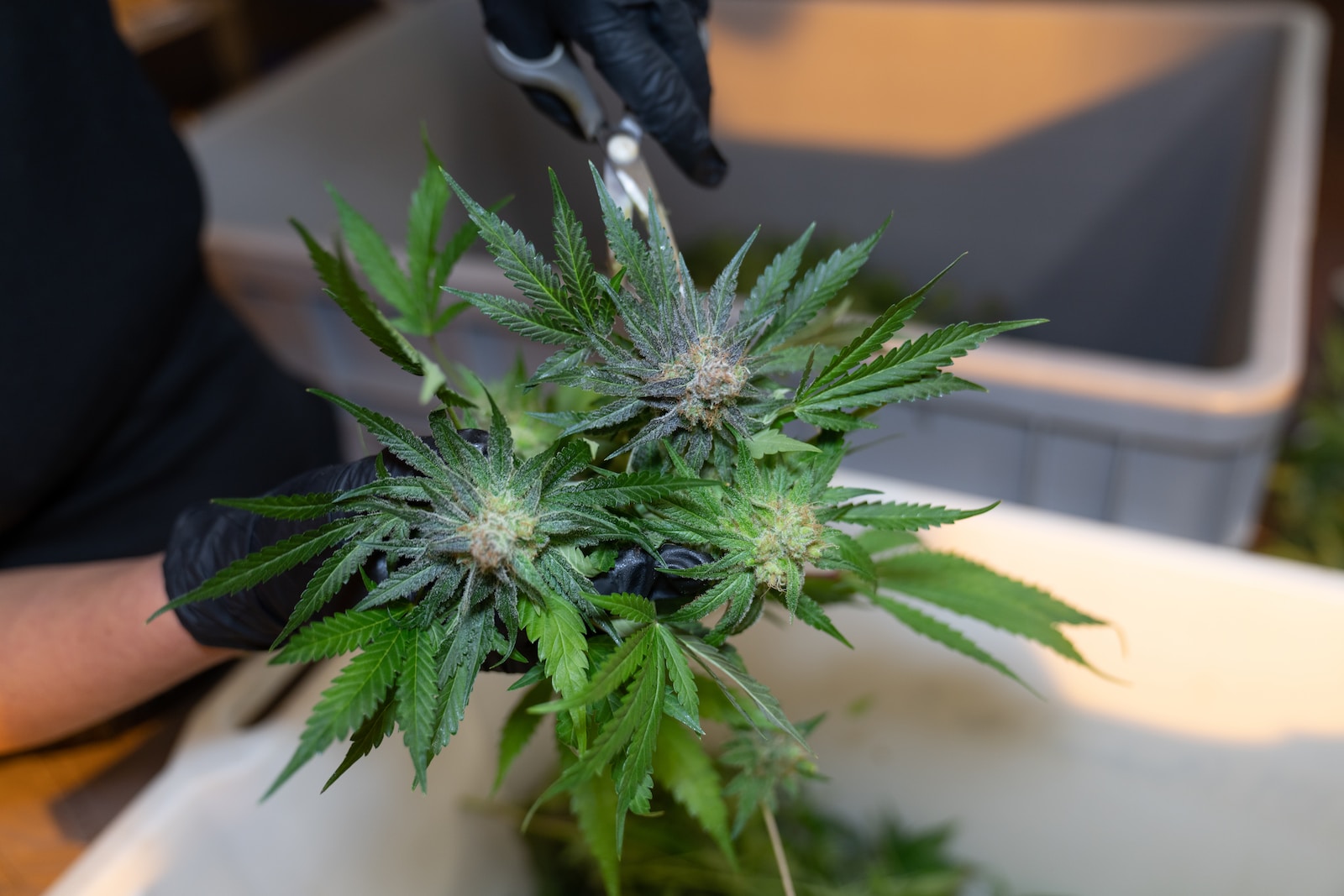
Beyond the Hype: Common Misconceptions About CBD Side Effects
In recent years, CBD (cannabidiol) has gained immense popularity for its potential health benefits. However, along with its rise to fame, a plethora of misconceptions and myths about CBD side effects have also emerged. It’s important to separate fact from fiction and gain a clear understanding of the real impact of CBD on our bodies. In this comprehensive guide, we will delve into the common misconceptions surrounding CBD side effects, providing you with accurate and up-to-date information to make informed decisions about your CBD use.
Beyond the Hype: Common Misconceptions About CBD Side Effects
CBD, derived from the cannabis plant, has been the subject of much excitement due to its reported therapeutic properties. However, several misconceptions have clouded our understanding of its effects. Let’s unravel these myths one by one.
Misconception 1: CBD Causes a High
One of the most widespread misconceptions is that CBD causes a euphoric “high” similar to THC, the psychoactive compound in cannabis. In reality, CBD is non-psychoactive and does not produce the characteristic high associated with THC. It interacts with different receptors in the brain, leading to therapeutic effects without altering your mental state.
Misconception 2: CBD Is Addictive
Contrary to popular belief, CBD is not addictive. Addiction is often linked to the presence of THC in cannabis. CBD, on the other hand, does not trigger the same addictive responses. In fact, some studies suggest that CBD might help individuals manage addiction by reducing cravings and withdrawal symptoms.
Misconception 3: CBD Has Immediate Effects
Expecting instantaneous results from CBD is another common misconception. While some individuals may experience immediate relief, the effects of CBD can vary based on factors like dosage, administration method, and individual physiology. It’s important to be patient and give your body time to respond to the compound.
Misconception 4: CBD Always Leads to Sedation
CBD is often associated with relaxation, but assuming it will always induce sedation is an oversimplification. While CBD can have calming effects, it doesn’t necessarily make you drowsy. In lower doses, it might even promote alertness and focus.
Misconception 5: All CBD Products Are the Same
Not all CBD products are created equal. The type of CBD extract, its source, and the manufacturing process can significantly impact its effects. Full-spectrum CBD contains a range of beneficial compounds, while CBD isolates contain only the CBD molecule. Understanding these differences is crucial for selecting the right product for your needs.
Misconception 6: Higher Dosage Is Always Better
Assuming that a higher dosage of CBD will yield better results is a misconception that can lead to wastage and unnecessary expenses. The optimal dosage varies for each individual and depends on factors like body weight, metabolism, and the condition being treated. Starting with a lower dosage and gradually increasing it allows you to find your “sweet spot.”
Exploring the Truth: Debunking CBD Myths
Now that we’ve dispelled some of the common misconceptions, let’s address frequently asked questions and provide you with comprehensive insights into CBD’s effects.
FAQs
Q: Can CBD interact with other medications?
A: Yes, CBD can interact with certain medications. It’s advisable to consult a healthcare professional before using CBD, especially if you’re taking prescription drugs.
Q: Is CBD safe for all age groups?
A: While CBD is generally considered safe for adults, its effects on children, pregnant individuals, and nursing mothers are not well-studied. Consult a healthcare provider before use.
Q: Can CBD cause dry mouth?
A: Yes, dry mouth is a common side effect of CBD use. Staying hydrated can help alleviate this discomfort.
Q: How long do the effects of CBD last?
A: The duration of CBD effects can vary. Inhalation methods provide quicker relief but have a shorter duration, while edibles and capsules offer prolonged effects.
Q: Can CBD be used for anxiety?
A: CBD shows promise in managing anxiety, but individual responses vary. Consult a healthcare professional for personalized guidance.
Q: Is third-party testing important for CBD products?
A: Yes, third-party testing ensures the quality and authenticity of CBD products. Look for products with a Certificate of Analysis (COA) from independent laboratories.
Conclusion
As CBD continues to capture attention for its potential health benefits, it’s crucial to approach the topic with accurate information and a discerning eye. Misconceptions about CBD side effects can hinder our ability to make informed choices. By dispelling these myths and exploring the facts, we can fully appreciate the potential benefits of CBD without falling prey to misinformation.
Remember, CBD affects individuals differently, and consulting a healthcare professional before incorporating it into your wellness routine is always a wise choice. So, beyond the hype, let’s embrace a balanced and informed perspective on the common misconceptions about CBD side effects.